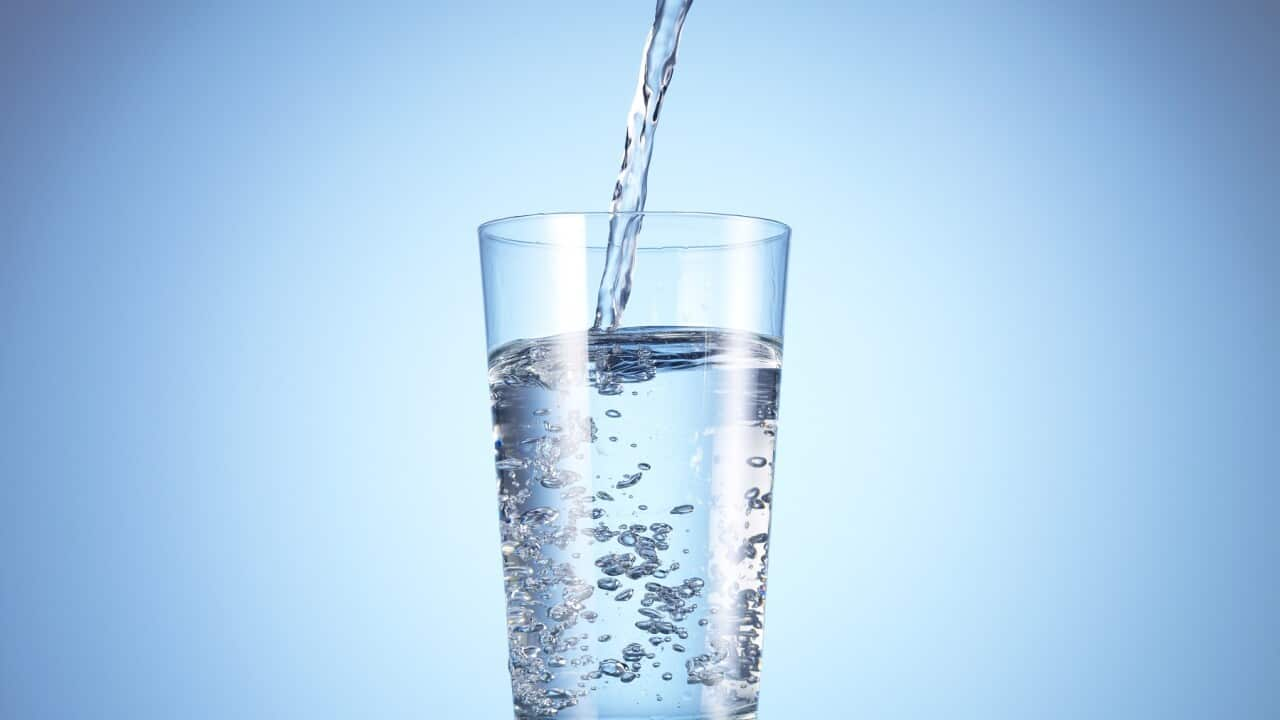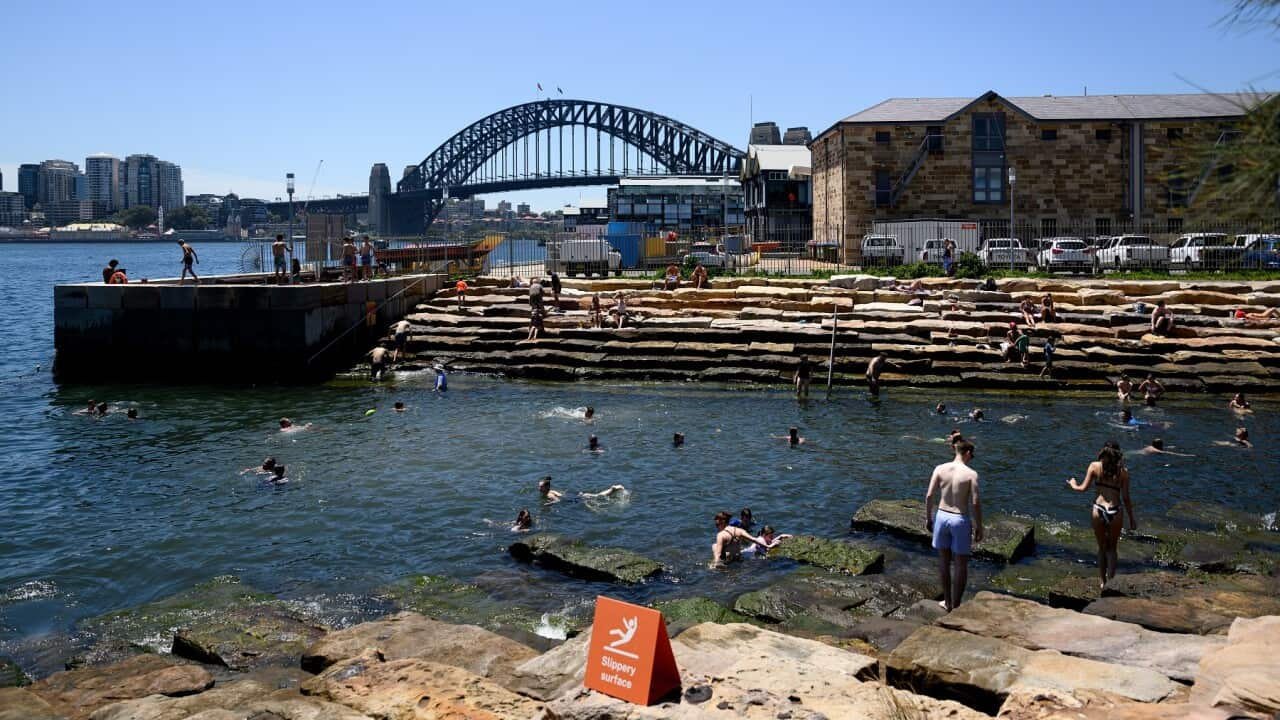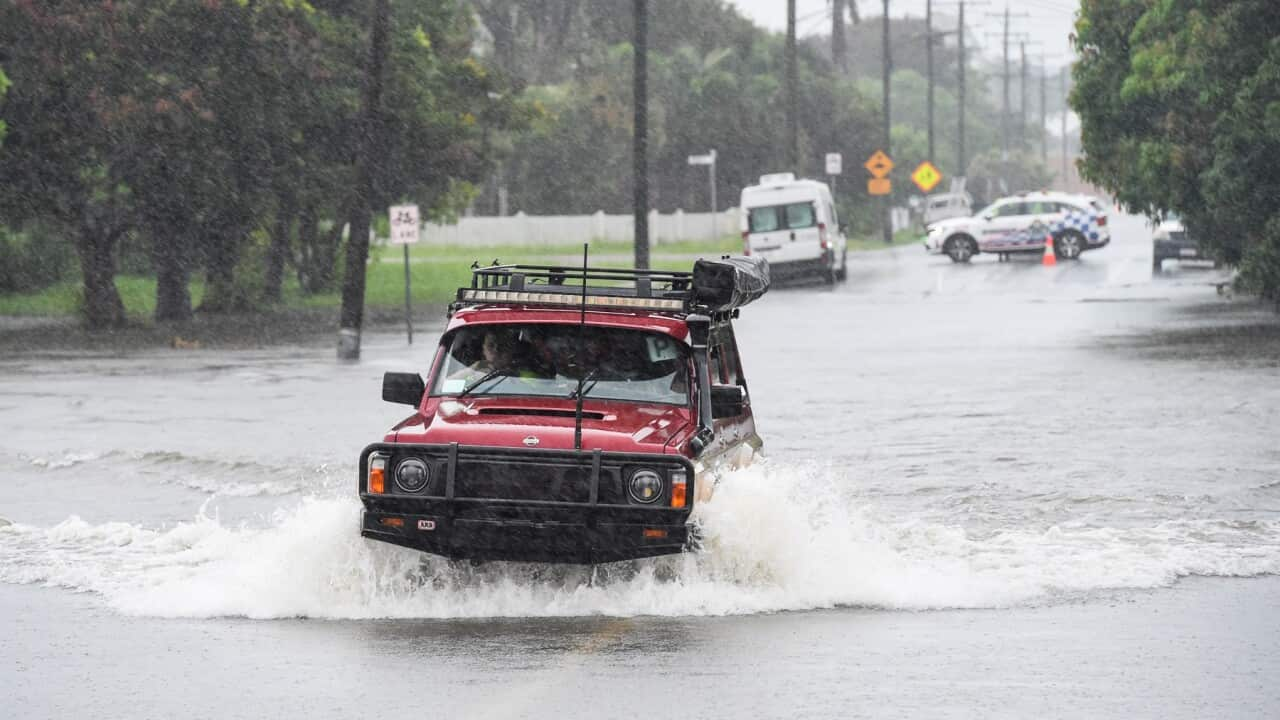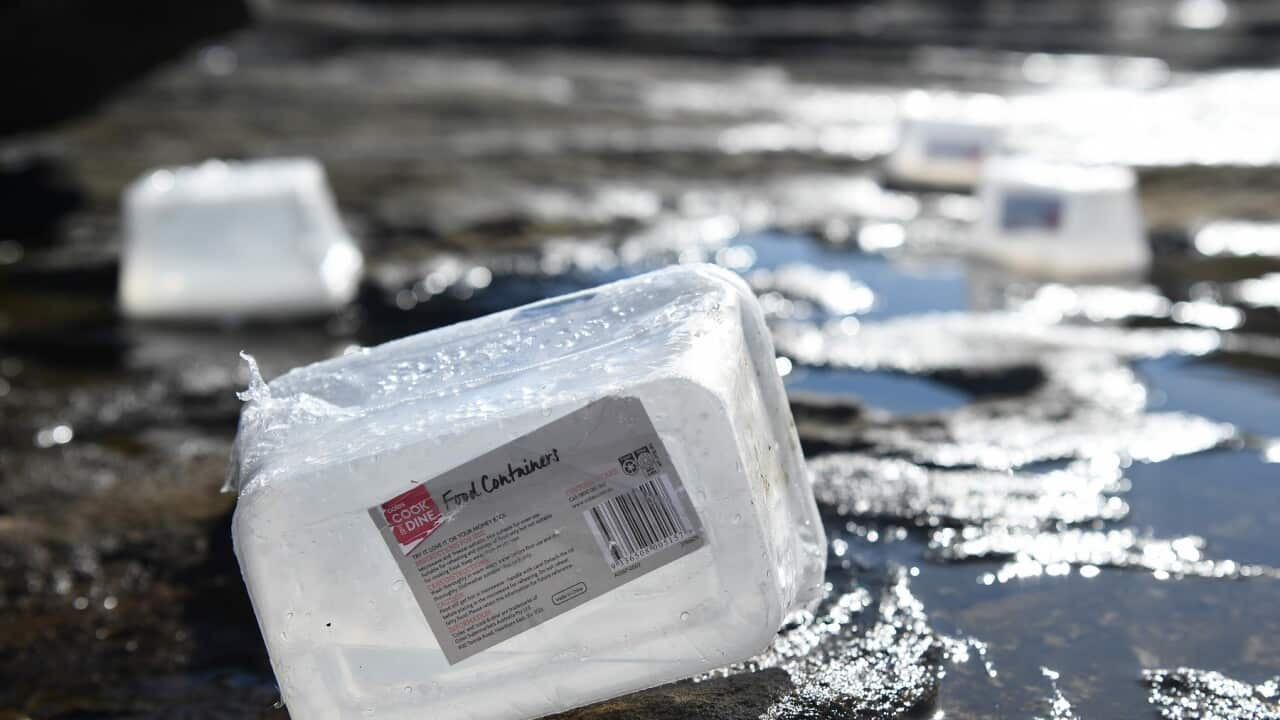TRANSCRIPT
It's a small island nation with a big water problem: densely populated Singapore has few natural water sources and limited land for reservoirs and so it's one of the most water-stressed places in the world.
But the country is also a global leader in what's known as purified recycled water - that is, turning sewage water into safe and clean drinking water.
Professor Stuart Khan, head of civil engineering at the University of Sydney, explains.
"Purified recycled water is the practice of taking water from wastewater treatment plants, treated sewage that would otherwise have been discharged to the environment. But instead of discharging it to the environment, we take it through an advanced water treatment plant where it is purified to a very high degree so that it can be safely and reliably put back into drinking water supplies."
It's a system that has long been accepted by the people of Singapore.
The country even makes beer from treated waste water.
Professor Khan says the success is largely a result of a well-executed information campaign.
"Singapore took that community education aspect very, very seriously. They built a visitor centre at their first water recycling scheme back in 2003, more than 20 years ago now. They had a plan to bring every school child in Singapore through that visitor centre to learn about water recycling, to learn about the need for sustainable water use in Singapore."
Now efforts are underway in Sydney to educate the public on the prospect of using recycled wastewater.
Growing population and climate change are increasingly putting pressure on water supply in cities around the world, including in Australia.
Sydney relies on rainfall for around 85 per cent of its supply, and the other 15 per cent comes from desalination.
Sydney Water project manager James Harrington says during the most recent 2017 to 2020 drought, dam levels plummeted by 50 per cent.
"We're at a tipping point where we need to start looking at what is the future of our water supply, with our dams depleting quite quickly in drought. And so we need to start looking into the future about what can we do to shore up our water supply?"
Recycled purified water is being considered as a possible future solution.
The process is being tried and tested at the Quakers Hill sewage plant in north-west Sydney and the public is being invited to come along for the journey.
James Harrington says the Purified Recycled Water Discovery Centre, which opened at the end of 2023 has three main objectives:
"Firstly, to test the technology and prove how well it works in our scenario. Secondly, to allow stakeholders, community, and customers to come in and understand what the technology is. And lastly, to give our operations team the opportunity to train and learn on a testing facility. We love having the public come out here and have the conversation with us about what the technology is, and all the work that goes into it to ensure that the water is safe and reliable."
With water security a challenge globally, around 60 cities are exploring the idea of recycled wastewater, potentially adding to the three dozen that have already adopted the process.
Perth is among them.
Unlike Sydney, the West Australian capital does not have access to large dams, relying instead on groundwater, which Professor Khan says has been depleting over the past three decades.
"WA has absolutely been leading the way out of necessity. So people in Perth, I think have recognised that climate change really has very visibly affected their water security. Perth developed, over quite a long period of time, a scheme that they call the groundwater replenishment scheme. [It] involves taking water from a wastewater treatment plant …purifying that water through advanced water treatment processes, [including] reverse osmosis, ultraviolet disinfection, and then putting that water back down into the important aquifers. And those aquifers now contain part of the water that occurs there naturally, but also the purified recycled water. And then that becomes their drinking water supply going into the future."
Experts emphasise wastewater purification is both a safe and smart way to future-proof supplies.





